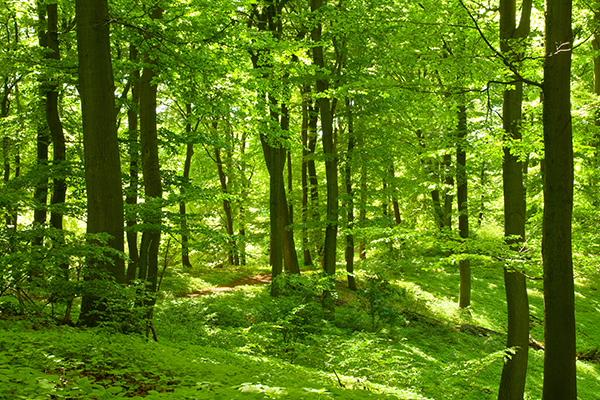
A project launched in Zimbabwe in December 2020 to mitigate the impact of Covid-19 on food and nutrition security using Climate Smart Technologies is making good progress with a thriving horticulture crop, a solar-powered borehole, and 100 efficient cook stoves having been installed.
The project is being implemented by Grow a Tree Foundation (GTF), a partner of the Centre for Coordination of Agricultural Research and Development for Southern Africa (CCARDESA), with funding from the European Union (EU) through the Southern African Development Community (SADC), and technical support from Bembani Group.
Mr Brian Musuna, the Communications Director for GTF, who are a beneficiary and implementing partner for the SADC/CCARDESA Covid-19 Response Grant, said at least 2,000 pawpaw (papaya), 500 moringa, lemon, orange, guava and avocado trees were planted on a hectare each in Gwangwawa village in Rushinga district, about 250 kilometres north-east of Harare.
Another solar-powered borehole is expected to be installed soon. Two hectares of vegetables, namely tomato, cabbage, green pepper, onion and pumpkin leaves are nearing harvest and the community expects to go to the market in mid-this month.
“The vegetables are nearing harvest and we should see the community go to the market by mid-May. The papaya was planted in December 2020 and January 2021.
We gave them the IPB9 dwarf variety which should be ready for harvest by September/October this year. The other trees will produce fruit in not more than two years after being planted in February 2021” he said.
The project is expected to expand to other product lines such as beekeeping, fish ponds and chicken rearing.
The community through the project was assisted with registering a private company that will be used as a commercial vehicle to market and sell the produce.
“The bees will help with pollination in the orchard thereby accelerating growth of fruit on the trees and the community will also harvest honey. The community will further benefit from processing small grain like groundnuts into peanut butter and processing pulp from Baobab”, said Mr. Musuna.
The project endeavours to create an entire production value chain in order to enhance activities that impact positively on food security and nutrition.
The SADC/CCARDESA Covid-19 Response project has benefitted the entire Gwangwawa village, which comprises over 100 households with an average of eight persons per household.
Livelihood activities in the community are predominantly small-scale farming, but given the arid conditions of the area and emerging threats of climate change, the village became a prime candidate for piloting the SADC/CCARDESA Covid-19 Response project.
The Chief Executive Officer for GTF, Mr Kudakwashe Manyanga, and his team assessed the needs of small-scale farmers in Rushinga District and realised that the community relied on drought resistant crops like small grains, tobacco, baobab fruit and maize for economic salvation.
It was also observed that Gwangwawa village was experiencing environmental management issues due to a gold rush.
Alluvial gold mining, tobacco production, and deforestation for energy demands motivated the Foundation to plant fruit trees that will add to nutritional and economic value through the sale of produce/products and carbon sequestration.
The mandate of the Foundation is premised on reforestation and therefore production of non-timber products will foster economic empowerment of communities while preserving the environment through green technology.
“This is the reason why we installed solar powered boreholes, efficient cook stoves and a tree forest plot in order to embed green technology within the minds and way of life of the community,” said Mr Musuna.
This pilot project will be mainstreamed to the other parts of the country with similar climatic conditions.
This Climate Smart Technology project in Zimbabwe is an extension of the Global Climate Change Alliance Plus (GCCA+) programme which seeks to strengthen the capacity of SADC Member States to undertake regional and national adaptation and mitigation actions in response to the challenges caused by the effects of climate change.
The escalating threat on livelihoods, food and nutrition security due to negative impact of COVID-19 prompted the EU to contribute US$180,000 through the GCCA+ project for the “Mitigating the impact of Covid-19 on food and nutrition security using Climate Smart Technologies programme” in Eswatini, Mozambique, Zambia and Zimbabwe.
The project is being implemented by CCARDESA over a period of 18 months to minimise the impact of Covid-19 in the most affected communities within the Region.- sadc.int
